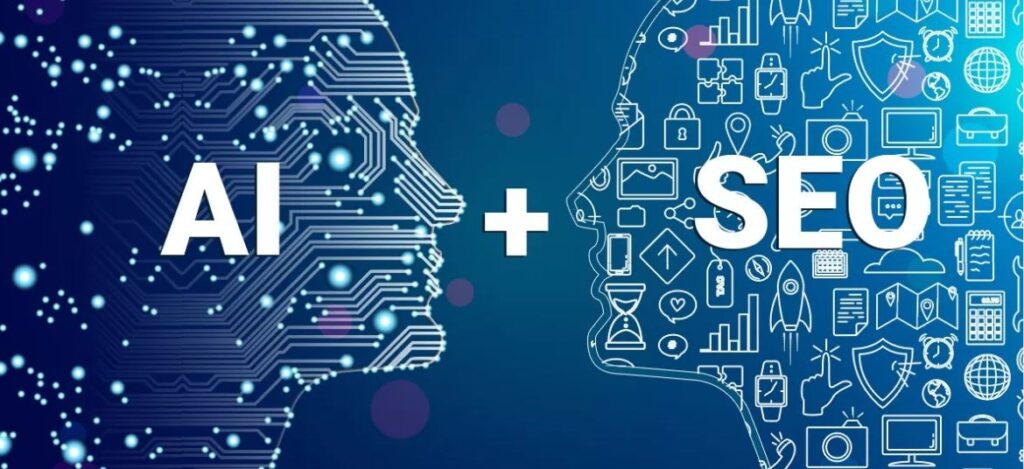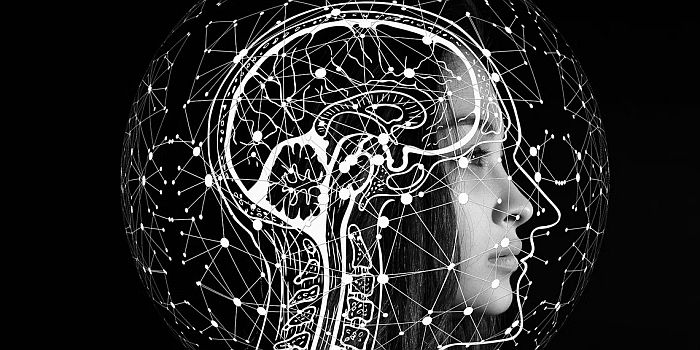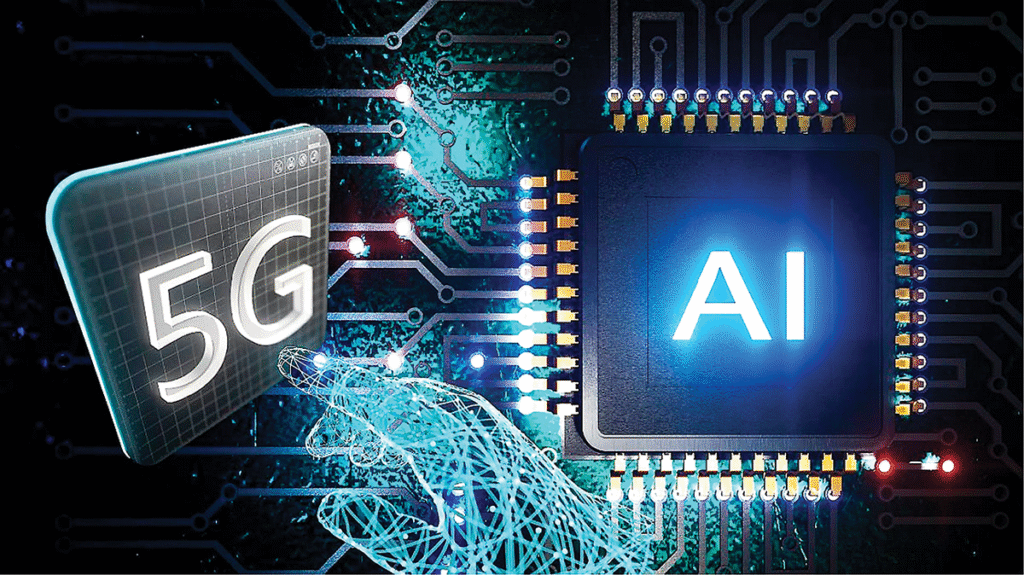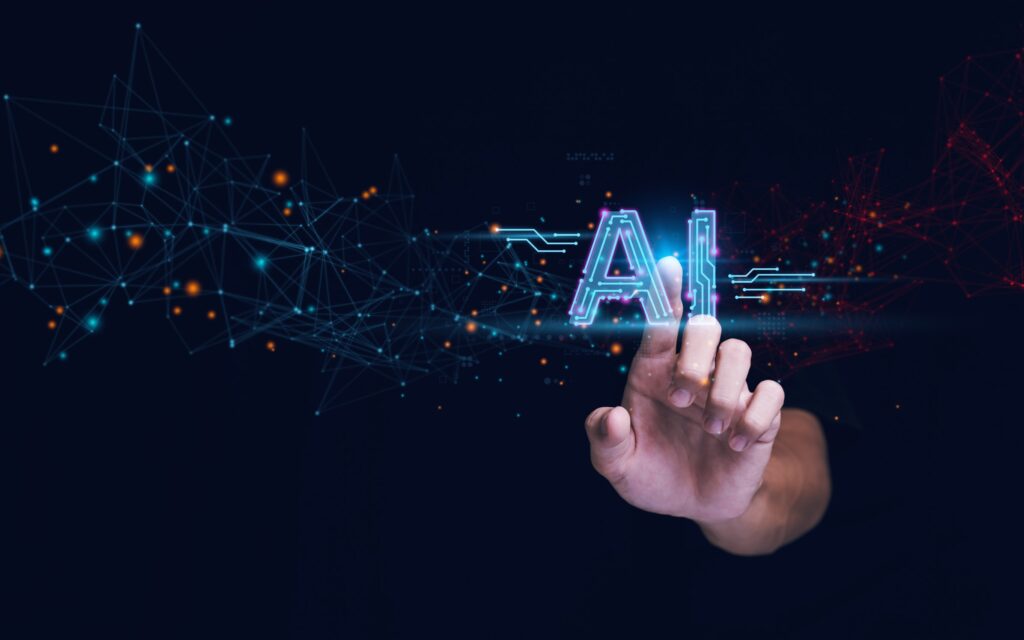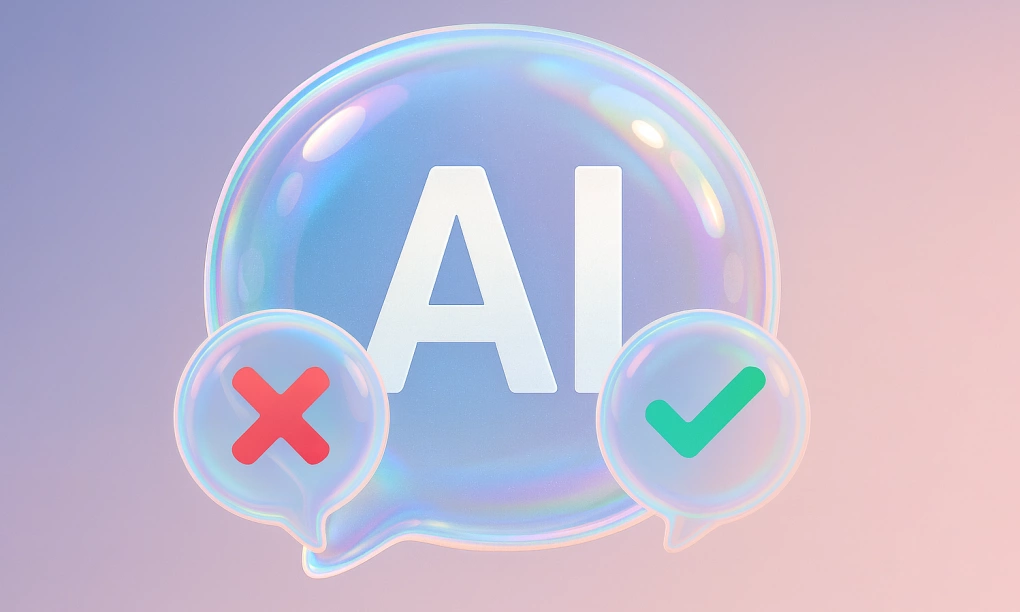Benefits of AI to improve modern human life
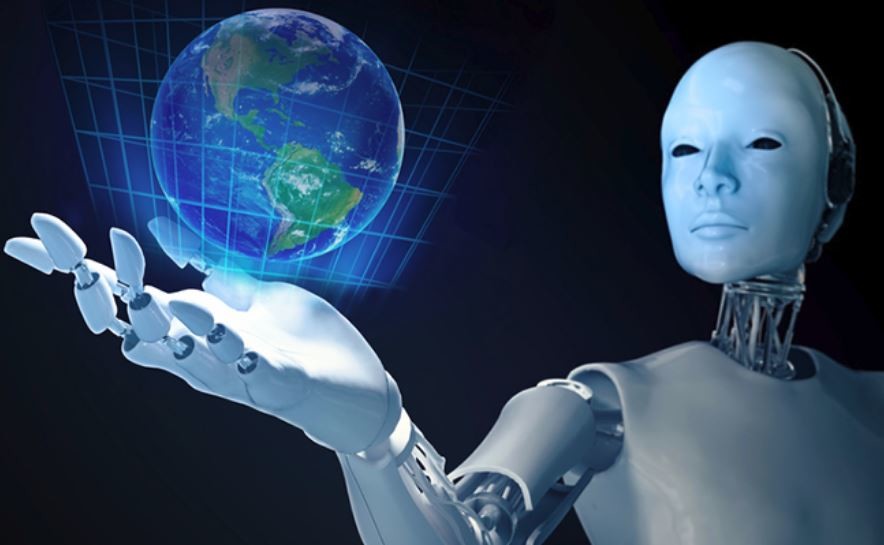
Artificial intelligence (AI) is a technology that enables machines to perform tasks that typically require human intelligence, such as seeing, listening, speaking, learning, and making decisions. AI has developed rapidly in recent years, thanks to the availability of big data, powerful computing power, and sophisticated algorithms. AI has the potential to transform many aspects of our lives, from healthcare and education to entertainment and transportation. But AI also comes with a number of challenges and risks that we need to be aware of and address. In this article, we will explore some of the pros and cons of AI and how it will impact our future.
Advantages of AI
AI can bring many benefits to humanity, such as:
Efficiency and productivity:
AI can automate repetitive and tedious tasks, such as data entry, customer service, and accounting, and do them faster and more accurately than humans. This can save time, money, and resources, while improving the quality and consistency of output. AI can also augment human capabilities and enable us to do more complex and creative work. For example, AI can help doctors diagnose diseases, lawyers draft contracts, and teachers personalize learning. This means we can spend more time doing the things we love, such as watching Netflix, playing video games, and surfing social media;
Data Analytics and Decision Making:
AI can process and analyze large amounts of data, such as images, videos, text, and numbers, and extract useful insights and patterns from them. This can help us make better, more informed decisions, as well as discover new knowledge and opportunities. For example, AI can help us predict customer behavior, optimize business strategies, detect fraud, and prevent crime. This means we can avoid making mistakes, such as buying the wrong product, choosing the wrong partner, or voting for the wrong candidate.
Assistance and Convenience: AI can provide us with various forms of assistance and convenience, such as voice assistants, chatbots, smart home devices, and self-driving cars. These AI applications can help us perform everyday tasks, such as searching for information, making appointments, ordering food, controlling devices, and navigating traffic. They can also enhance our comfort, safety, and entertainment. For example, AI can help us monitor our health, regulate our temperature, play music, and recommend movies. This means we can enjoy a more comfortable and convenient life without having to lift a finger or use our brains.
Innovation and progress:
AI can help us achieve new levels of innovation and progress in many different fields and areas, such as science, art, and sports. AI can help us solve complex and challenging problems, such as climate change, poverty, and pandemics, and create new products, services, and experiences. AI can also inspire us to explore new frontiers, such as space, the ocean, and the brain, and expand our horizons and capabilities. This means we can witness and participate in the great achievements and discoveries of mankind, and perhaps even become famous and rich.



